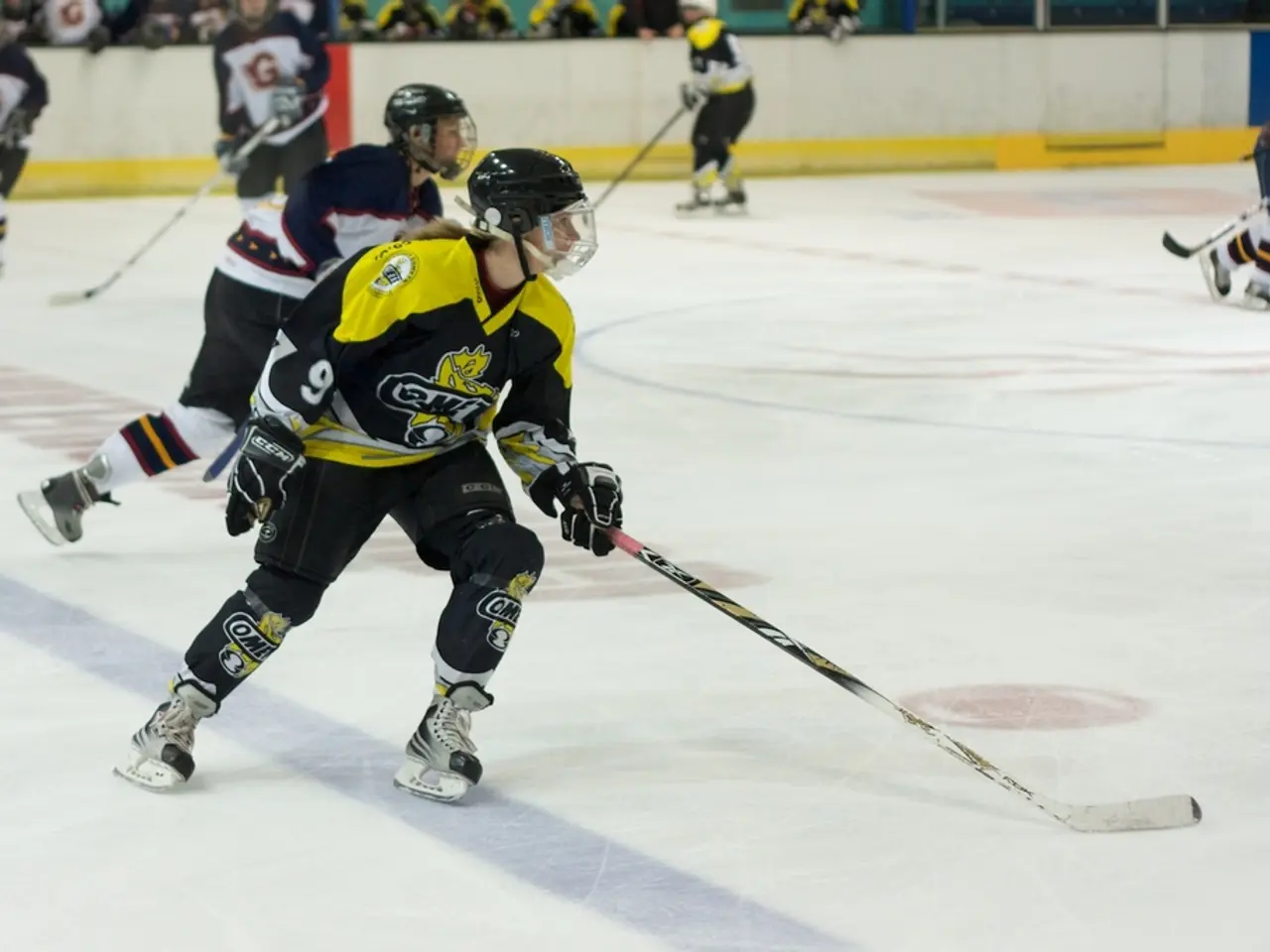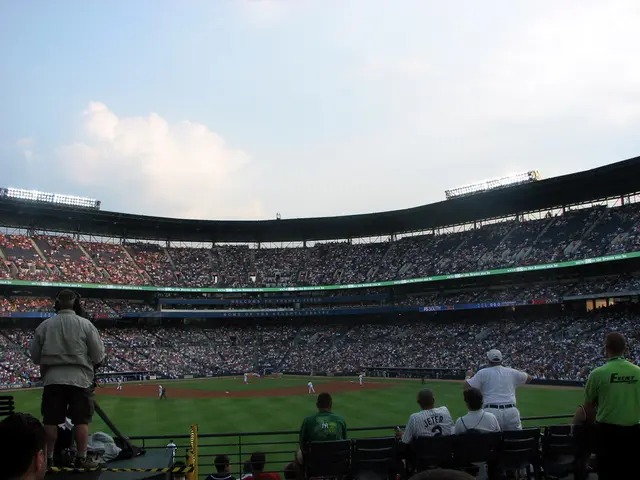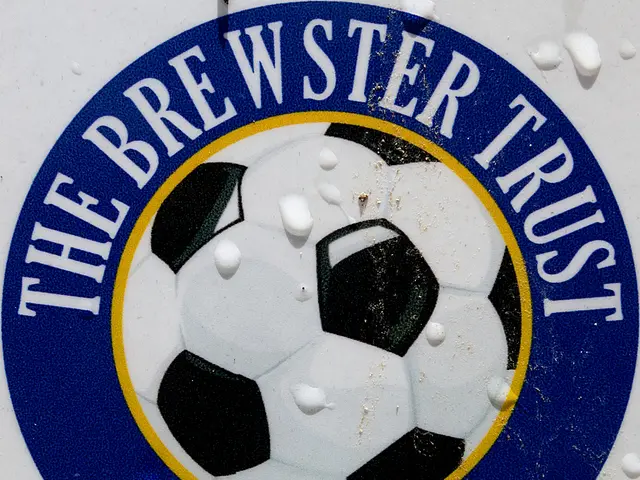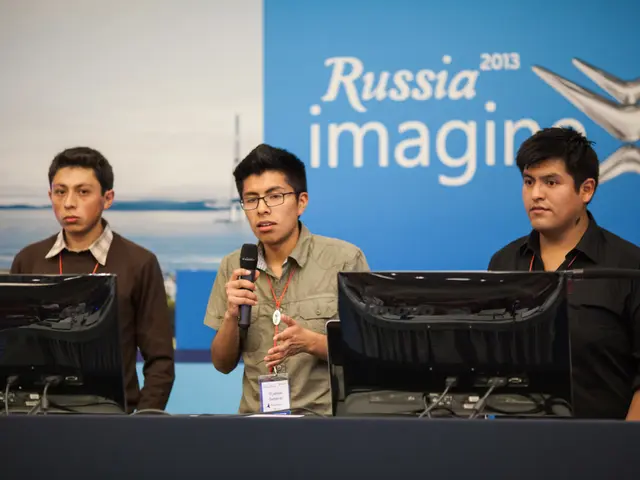International Olympic Committee Variants Again Permitting Russian Athletes under a Neutral Banner for the 2026 Winter Olympics
The Milan-Cortina Winter Olympics, set to begin in February 2026, will see a limited participation of Russian and Belarusian athletes due to ongoing sanctions and safety concerns.
Initially, these athletes were excluded from the games due to concerns over safety and anti-doping regulations. The decision to maintain this policy was expected, according to Russia's Sports Minister Mikhail Degtyarev.
The International Olympic Committee (IOC) has been gradually reinstating the Russian athletes from March 2023 onwards. However, the size of the neutral delegation for the Milan-Cortina Games depends on the international sports federations.
In the Paris Olympics last year, only 15 Russians and 17 Belarusians competed, winning a combined five medals. The organisation governing skating, the ISU, has allowed one competitor from each of Russia and Belarus in each category, but no entries in relays or team events. The International Biathlon Union (IBU), International Ski Federation (FIS), and International Ice Hockey Federation (IIHF) have also maintained complete bans on these athletes in competitions.
The doping scandal in 2016 led to Russia's deprivation of its colors in the Olympic arena. The sanctions against Russian athletes were introduced in response to Russia's invasion of Ukraine in 2022.
Russian athletes can only participate under a neutral flag and in individual events in the Milan-Cortina Games. The athletes will undergo checks to prove they did not actively support the war in Ukraine or have any links with the army.
The International Luge Federation (FIL) has expressed concerns about safety, Olympic quotas, anti-doping regulations, and fairness if Russians return. The limited presence of Russians and Belarusians in the Paris Olympics satisfied the Olympic body, but the final decision on their participation in the winter sports events is still pending.
IOC president, Kirsty Coventry, has stated that the approach for the upcoming Milan-Cortina Games will be the same as last year's Olympics in Paris. Russia has been banned from hosting international competitions on their soil, adding to the challenges faced by these athletes.
This restrictive policy has been a contentious issue, with some arguing for the reinstatement of Russian and Belarusian athletes, while others maintain that the sanctions are necessary to maintain the integrity of the Olympic Games. The debate continues as the world prepares for the Milan-Cortina Winter Olympics.
Read also:
- United States tariffs pose a threat to India, necessitating the recruitment of adept negotiators or strategists, similar to those who had influenced Trump's decisions.
- Weekly happenings in the German Federal Parliament (Bundestag)
- Southwest region's most popular posts, accompanied by an inquiry:
- Discussion between Putin and Trump in Alaska could potentially overshadow Ukraine's concerns







